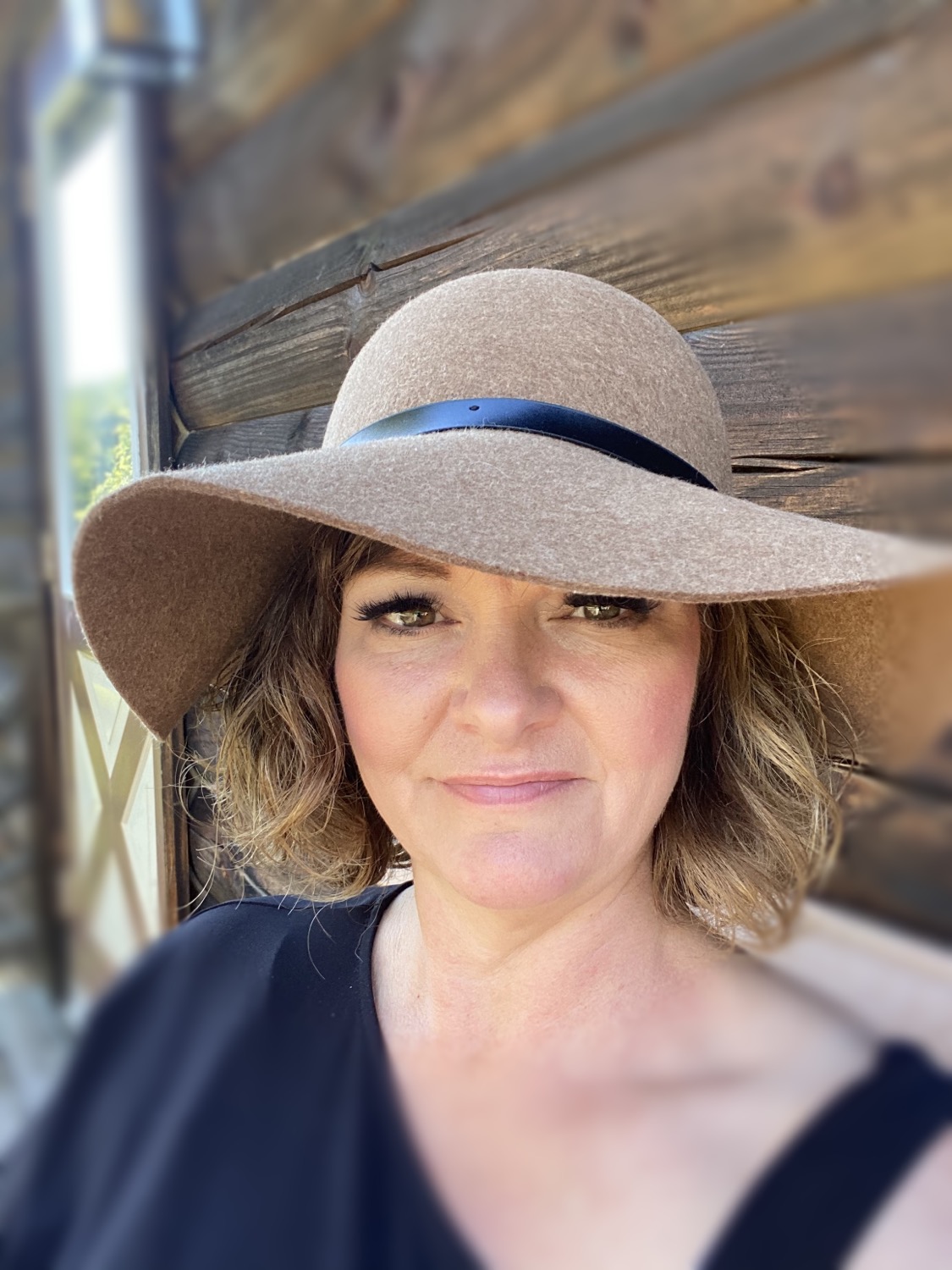The A, B, C's of Judges Chapter 4
- Terra Parsons

- Jan 18, 2025
- 3 min read
Updated: Aug 30, 2025

The A, B, C’s of Judges 4:
Assignment
Be present
Conversation
Judges 4:6
A-assignment. Deborah sent for Barak- Deborah knew she had heard from the Lord for her friend and took the path of seeing the assigned victory come to pass to in Barak’s life. She was invested in his future, his identity in the kingdom and participating in him fulfilling his purpose. Deborah knew what was at stake for Barak and Israel if he stayed hidden in the mountains, running from the battle at hand. She sent for Barak, to remind him of his assignment. Not only was he hiding out, he had those under his command with him, preventing them from accomplishing their assignment.We never know who we are holding back from accomplishing their assignment when we are choosing not to fulfill our own. We are a body of Christ, which means what the hand does or doesn’t do, affects the movement of the arm one way or the other.
B-Be present: Barak said, If you will go with me, I will go. If you do not go, I will not go. Sometimes we are asked to move forward in a battle that is not ours so we can be Jesus with skin on to the people we are on our journey with. There was no logical reason for Deborah to go into battle with Barak. She was a prophet and a judge. She had no special archery skills. She was not a marksman. There is nothing to even indicate that she was familiar with the terrain. Barak trusted her and trusted her to hear from the Lord. That is the sum of what he needed in his battle.Barak knew what he needed to do, however, he could not find the courage to do it alone. The Lord had asked Barak to go down and take 10,000 men with him, Barak took Deborah. Being present in someone else’s battle may be all that’s necessary for them to recover all.
C-Conversation: Obviously, the Lord is reminding Barak through Deborah of his previous command. The word here implies that he already knew what the Lord told him to do. Rather than going into the valley to fight the battle, he had gone up the mountain. In verse 14 Deborah says “up”. They were already on a hillside, so she was not talking about the physical sense of going up to a place. As a matter of fact, the scripture says, they went down the mountain to the battle. The word “up” in the Hebrew means to encourage, lift up, go higher”. She was telling him to shut down the loop recorder in his mind of all the negative thoughts and fears. She was reminding him of who he was in God and his purposes in the kingdom. She was encouraging him to change his thought process and come up to heaven’s way of thinking. Romans chapter 12 says let love be without dissimulation. In the Greek, dissimilation means without fear of speaking your mind. We should be willing to have the hard conversations with those that we love. She loved her friend enough to have the hard conversation. “Has not the Lord, the God of Israel, commanded you? She reminded him of the assignment on his own life and was willing to walk it out. “Up”. Love may look like a hard conversation sometimes.
Some of us may find ourselves in Barak’s shoes today, needing a reminder of our assignment, a nudge in the right thinking process, some encouragement to continue to move “up” in our heart and mind, edging toward the battle to conquer the thing that has held you hostage (drugs, lust, fear, gossip, anxiety, religion).
Some of us may find ourselves in Deborah’s shoes, going into a battle that is not our own, yet knowing the battle will not be fought if we do not go. There is great wisdom in being present, to stand alongside someone to accomplish what they were created for. It is not easy to choose to have the hard conversation, but at times that is exactly what love looks like , a hard conversation.
Barak and Deborah, each of their assignments mattered. Your assignment matters. The victory is worth it.




Comments